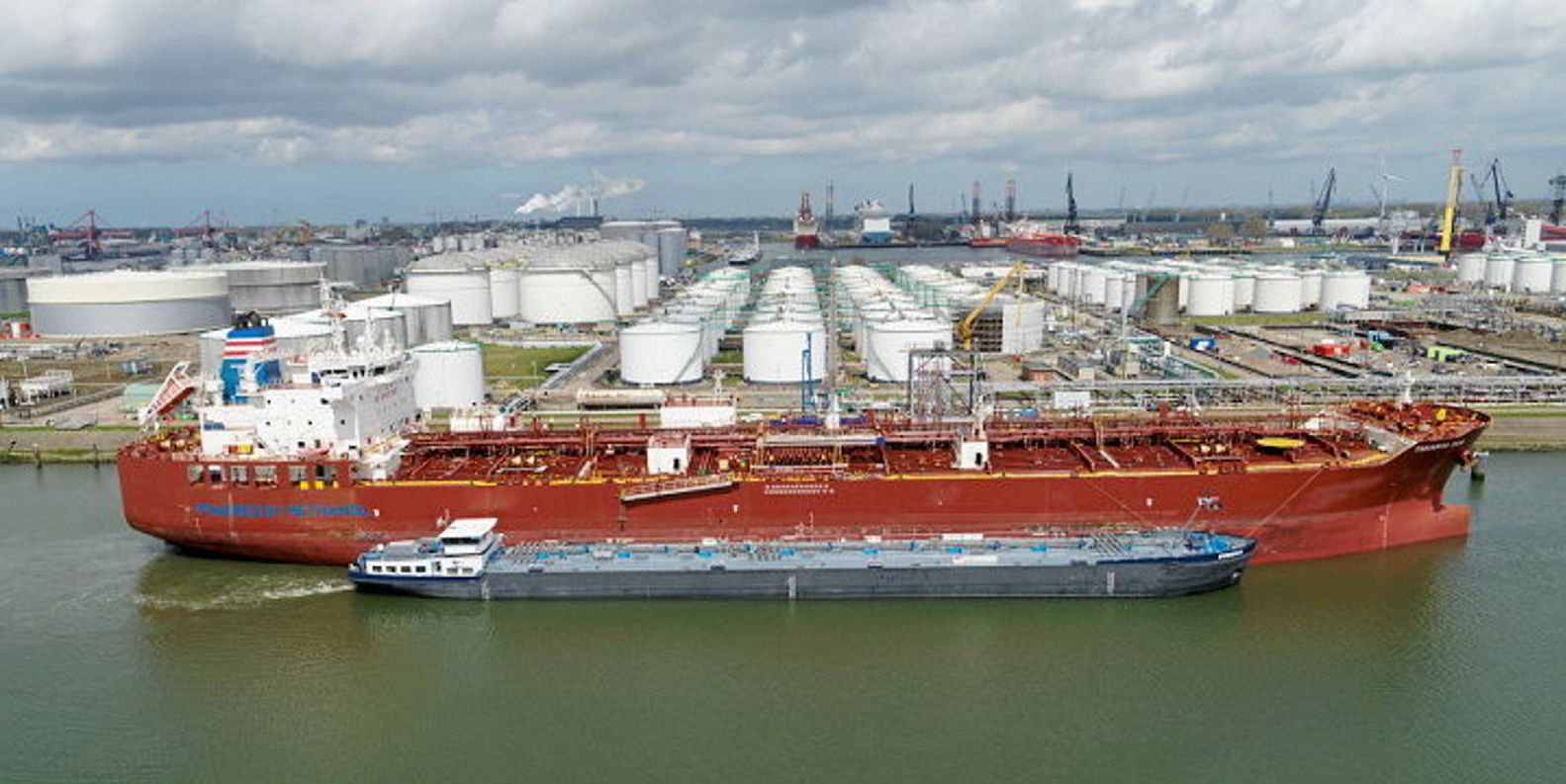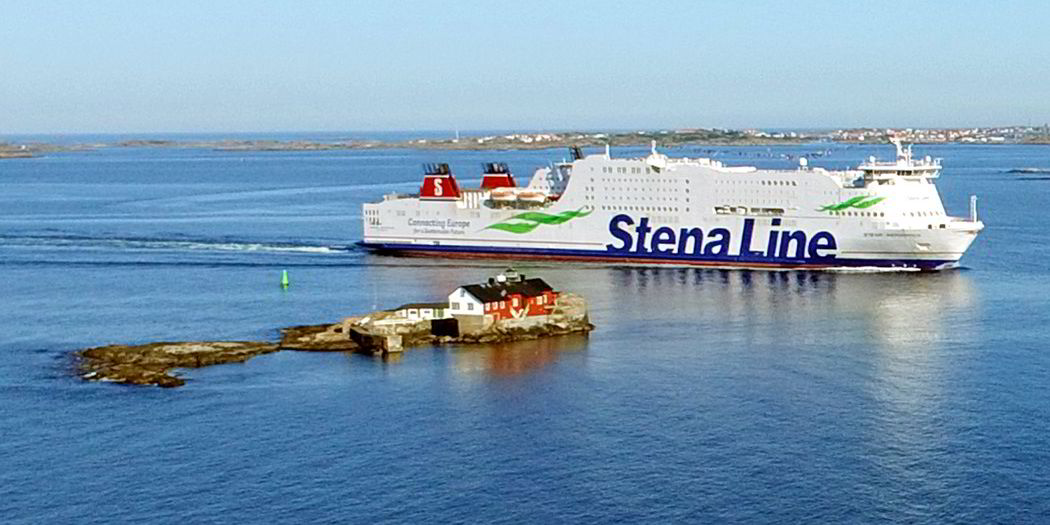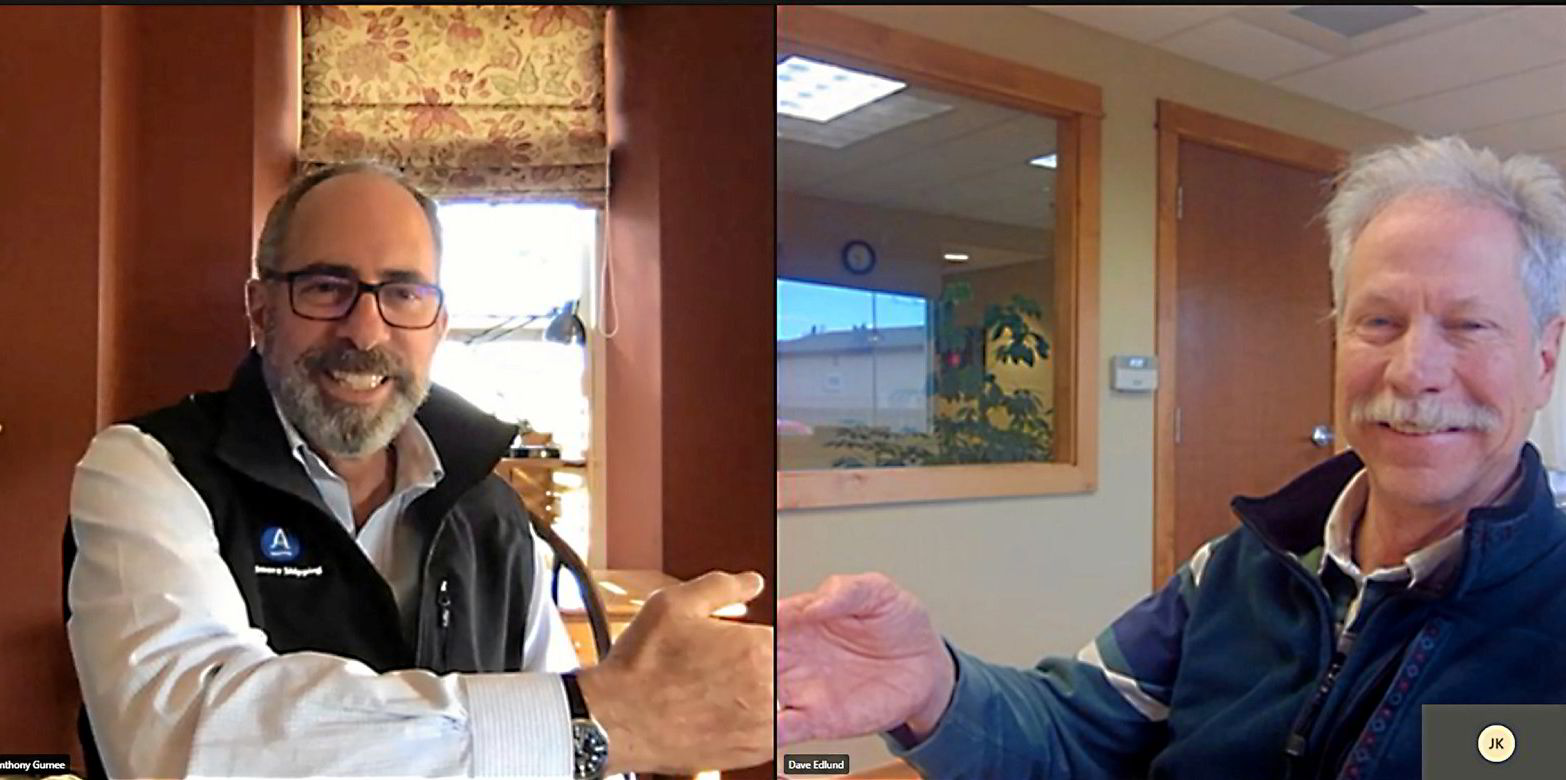Gibson Shipbrokers is predicting a gradual increase in cargoes of synthetic fuels that should provide a small nudge for tanker markets.
The UK broker said tanker owners should take note of projects such as Porsche's and Siemens' new "synfuel" plant in Chile.
This will use water and hydrogen through electrolysis to blend with captured carbon to produce e-methanol, which can further be refined to produce petrol, diesel and kerosene substitutes.
"These new synfuels act like conventional fuels and can provide a drop-in replacement for existing oil-sourced fuels," Gibson said.
Porsche expects a reduction of CO2 of about 85% in its cars from the fuels.
Blending for now
Industry watchers are expecting a gradual increase in synthetic fuels being mixed with conventional fuels.
This blending will allow time for production of new green fuels to ramp up production capacity and capability.
Full replacement of fossil fuels will take some time, with estimates from the eFuel Alliance lobby group suggesting 4% use in 2025, 12% by 2030 and 100% only in 2050.
Gibson said various government bans on the sale of new cars running on conventional petrol and diesel from 2030 could be a turning point for synthetic fuels.
"Should the production and consumption of synfuels become a major contributor to the transport and power generation sectors in the near-term, then by implication there will be the need to transport the fuels from production location," the broker added.
This could potentially involve trips from parts of the world where a surplus of sustainable energy is available.
"The tanker market could start to see an increase — albeit in small quantities initially — of synfuels being transported," Gibson said.
The company believes no vessel modifications will be needed to carry the new fuels.
In and out?
Tankers could potentially drop in and out of their current trading patterns and operations when required, or specialise in synthetic fuels exclusively, the broker added.
"These is still much of the unknown about the future of synfuels, such as production costs and locations of production facilities, but these fuels could add to the expanding focus on sustainable future fuels all to the benefit of both Porsche owners and the tanker market," Gibson concluded.
E-methanol will also eventually be key to Irish tanker owner Ardmore Shipping's venture e1 Marine, which aims to convert methanol to hydrogen on board ships.
A container fitted on board will handle the conversion and the hydrogen will then power fuel cells to supply electrical power.






